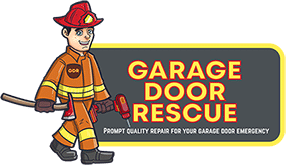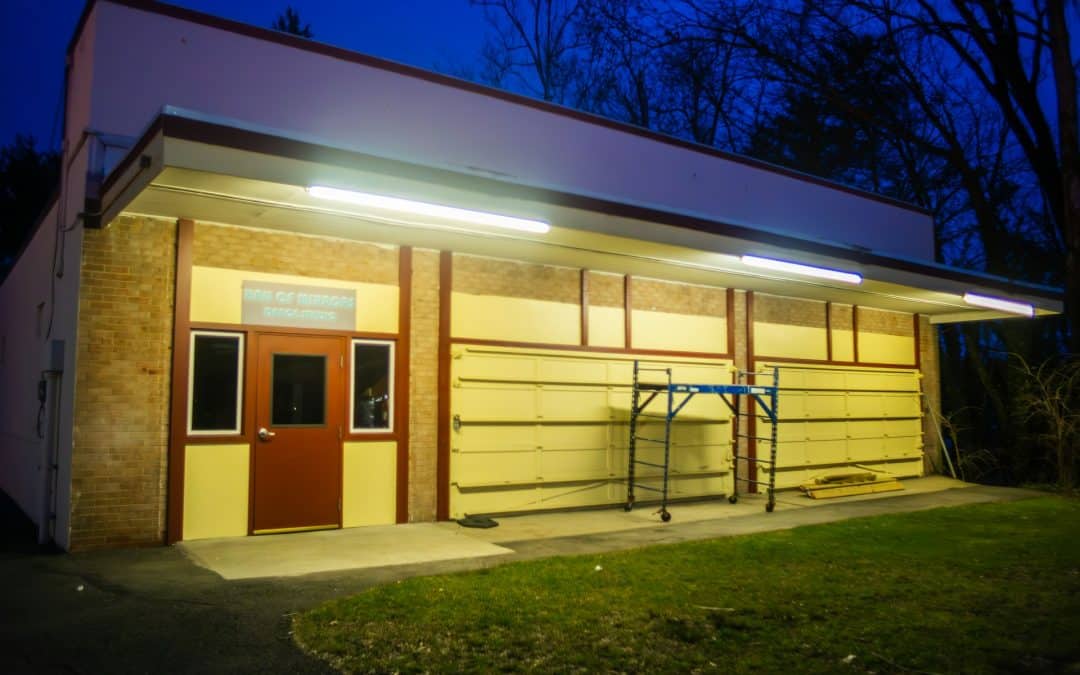Hearing strange noises from your garage door can be concerning. The sounds can range from loud bangs to annoying squeaks, and often signal that something isn’t right. Whether it’s the middle of the night or early in the morning, these unexpected noises can disrupt your peace and indicate underlying issues that need attention.
Understanding why your garage door makes weird noises is the first step in fixing the problem. There can be many reasons for these sounds, from simple lack of maintenance to more serious hardware issues. Knowing what to listen for and how to identify the source can help you decide whether the fix is something you can handle on your own or if it’s time to call in a professional.
By addressing these noises early, you can prevent further damage to your garage door system. This article will guide you through the common causes of noisy garage doors, what different noises might mean, and some DIY solutions to try. We’ll also help you understand when it’s best to get professional help to ensure your garage door operates smoothly and quietly.
Common Causes of Noisy Garage Doors
Several factors can cause your garage door to make weird noises. One common cause is a lack of lubrication. The moving parts of your garage door, like the rollers, hinges, and springs, need regular lubrication to operate smoothly. Without it, these parts can create friction and produce squeaking sounds.
Another cause is loose hardware. Over time, the bolts and nuts that hold your garage door parts together can loosen due to constant movement. When they aren’t tight, they can rattle and create annoying noises. Inspecting and tightening loose hardware can often fix this problem.
Worn-out rollers are also a frequent culprit. If the rollers that guide your garage door up and down the tracks are worn out or damaged, they can make grinding or scraping noises. Replacing old rollers with new ones can help your garage door run more quietly.
Types of Noises and Their Meanings
Different noises from your garage door can mean different things. Here are some common sounds and what they might indicate:
– Squeaking: If you hear squeaking, it’s usually a sign that the moving parts need lubrication. Applying a garage door lubricant to the rollers, hinges, and springs can often solve this problem.
– Rattling: Loose hardware can cause a rattling noise. Tighten any bolts or nuts that might have come loose to reduce this sound.
– Grinding: Grinding noises often come from worn-out rollers or a lack of lubrication on the tracks. Inspect the rollers for wear and apply lubricant to the tracks to alleviate this issue.
– Banging: A loud bang can mean a broken spring. If your garage door makes a bang and then struggles to open or close, it’s best to get a professional to look at it.
– Popping: Popping noises can be due to issues with the torsion springs. These springs store a lot of tension and can be dangerous to handle, so it’s advisable to call an expert if you notice this sound.
Understanding these noises can help you identify the problem with your garage door and decide whether you can fix it yourself or need professional help.
DIY Solutions for Common Garage Door Noises
If your garage door is making noise, you might be able to solve the problem yourself with these simple solutions. First, make sure to lubricate all the moving parts. Use a silicone-based spray to lubricate the rollers, hinges, tracks, and springs. This can reduce the squeaking and make the door move more smoothly.
Next, check for any loose hardware and tighten them. This includes the bolts and nuts on the tracks, rollers, and brackets. Use a socket wrench to ensure everything is secure. Loose hardware can cause rattling and banging noises, so make sure to address this step carefully.
If you have worn-out rollers, consider replacing them. Nylon rollers are quieter and more durable than metal ones. They can significantly reduce grinding and scraping sounds. If replacing rollers seems too complicated, it might be better to call in a professional for this part of the job.
When to Call a Professional for Noisy Garage Doors
Sometimes, weird noises from your garage door can indicate more serious problems. If you’ve tried the DIY solutions and the noise persists, it’s time to call a professional. For example, if you hear a loud bang and your door won’t open or close properly, your garage door spring might be broken. Torsion springs are dangerous to handle without experience, so it’s best to let an expert deal with them.
If you hear popping noises, it could mean there are issues with the torsion springs. These springs hold a lot of tension and can be very dangerous if they break. In this case, contact a professional immediately to avoid any injuries.
Also, if there are grinding noises that you can’t fix by replacing rollers or lubricating parts, there might be deeper issues within the garage door system. A trained technician will be able to diagnose and fix these problems safely and efficiently.
Conclusion
Dealing with a noisy garage door can be annoying and stressful. Identifying the cause of the noise is the first step toward fixing the issue. Simple DIY solutions like lubrication, tightening hardware, and replacing rollers can often solve the problem. However, knowing when to call in a professional is essential for more serious issues like broken springs or persistent grinding noises.
A well-maintained garage door not only operates smoothly but also lasts longer, saving you money on repairs and replacements in the future. Listening to your garage door and taking action at the first sign of unusual noises can prevent more significant problems down the line.
If you’re experiencing weird noises from your garage door and can’t seem to fix the issue, Garage Door Rescue is here to help. Our expert team can diagnose and repair any problem, ensuring your garage door works perfectly. Contact Garage Door Rescue today for a professional inspection and garage door repair service.

